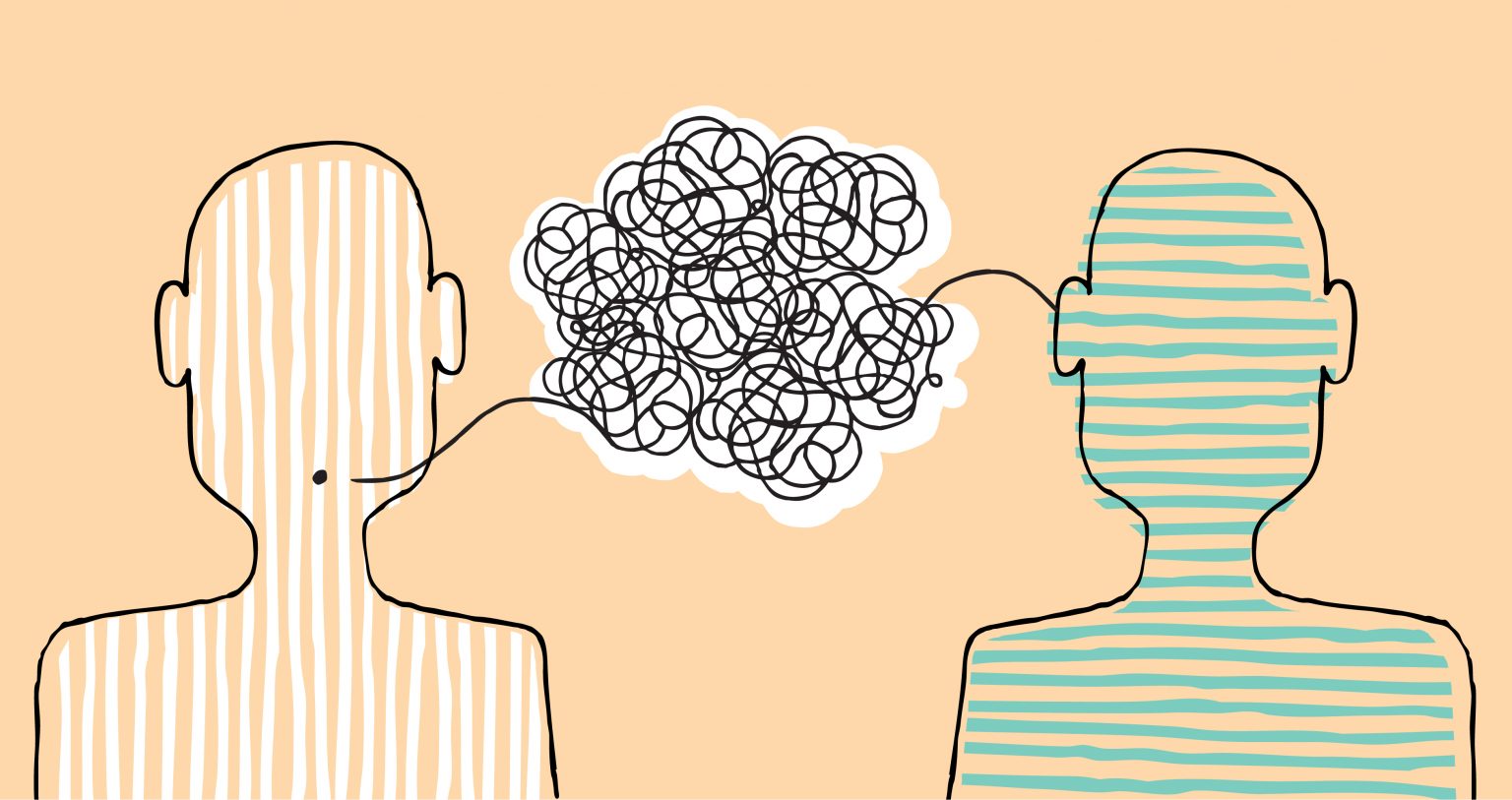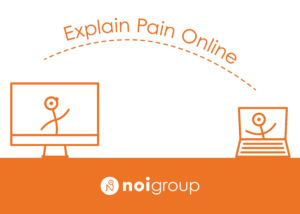
When you ask someone, ‘do you understand me?’ the answer is likely yes or no. If they say yes, how do you know they haven’t misunderstood you? When you’re speaking your native language to another native speaker, this might be something you rarely think about. And dare I say it’s something most health professionals rarely think about?
We all want to be understood. Especially when we’re trying to communicate something complex. We choose words to get our meaning across the best way we can. But even just one or two words could stuff it up.
I’ve been working at NOI for over a year now, researching for some well-known writers. It’s become abundantly clear to me that the meaning of individual words can vary vastly between individuals. For example, the meaning of the word ‘dumb’ to me meant ‘stupid’. I was surprised to learn from those 30-40 years my senior that it originally meant ‘unable to speak’. The meaning of ‘thirsty’ to most means ‘in need of a drink’ or ‘wanting a drink’; in my generation, it can also be used for sexual innuendo! To health professionals, ‘inflammation’ is a body process with signs and symptoms; to non-health professionals, it can often just mean swelling. Other medical terms such as ‘effusion’ can mean something nonthreatening to health experts but have led their patients to think their joints are fusing!!1
The examples I’ve given are pretty clear cut, but what about words that are more loaded with individual meaning? Words like love, hate, bravery, safety, and pain. Sure, you could look these up in the dictionary, but what do these words mean specifically to YOU? Each of us have assigned a unique understanding of these words. And they can be immensely difficult (perhaps impossible) to describe using other words. So, we can’t assume we all share words’ exact meanings when using them.
A good question to ask ourselves when communicating might be ‘Am I understood?’. But I argue there are two much better questions: ‘How could I be misunderstood?’ and in turn, ‘how might I have misunderstood?’.
-Anna Vogelzang
Anna Vogelzang is an Accredited Exercise Physiologist, a part-time research assistant at Noigroup and is currently undertaking a Masters by Research in persistent pain at the University of South Australia (IIMPACT in Health).
- Chou, L, Ellis, L, Papandony, M, Seneviwickrama, KLMD, Cicuttini, FM, Sullivan, K, Teichtahl, AJ, Wang, Y, Briggs, AM & Wluka, AE 2018, ‘Patients’ perceived needs of osteoarthritis health information: A systematic scoping review’, PLOS ONE,vol. 13, no. 4, p. e0195489.


Wow, this is fantastic! Of course! This explains a lot! Thanks
Excellent piece and so important. Reminded me of poet David Whyte’s book ‘Consolations’ exploring the meaning of words. Sometimes o the face of it a negative connotation but could be a hidden positive meaning too.
This is such an important point. Slowing down and making sure both parties ascribe the same meaning to the terms we use, is a worthwhile practice. As the great Tim Minchin points out:
“Most of society’s arguments are kept alive by a failure to acknowledge nuance. We tend to generate false dichotomies, then try to argue one point using two entirely different sets of assumptions, like two tennis players trying to win a match by hitting beautifully executed shots from either end of separate tennis courts.”